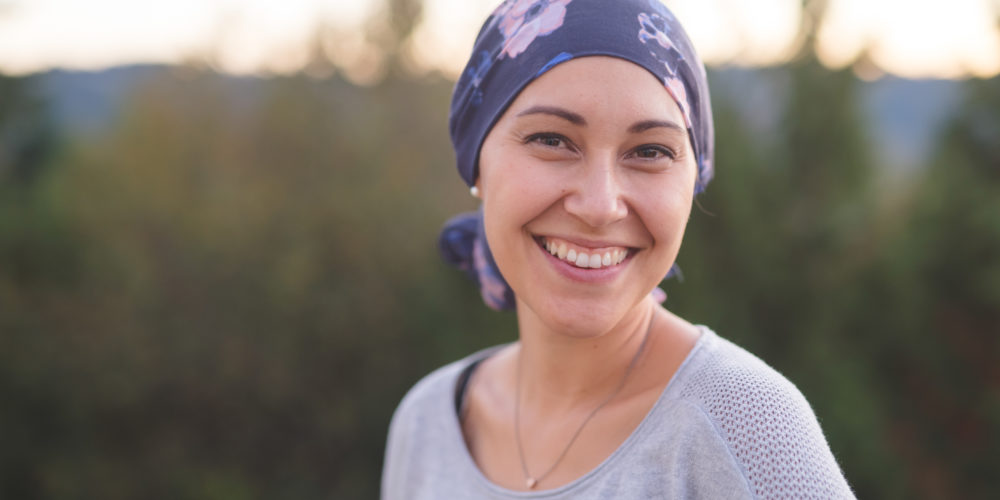Breast Cancer
After a breast cancer diagnosis, surgery is one of the first and most common treatments. There are many different types of breast surgeries that may be recommended depending on the specific staging, location and pathology of your cancer.

Regardless of the surgery you have or will undergo, it can result in both physical and emotional changes that impact physical health, body image, and overall wellbeing. Breast Rehab can help with the many impacts of breast surgery by utilizing various therapies.
Breast Rehab therapists can treat many issues that arise from breast cancer surgery. Physiotherapy, massage therapy, kinesiology and acupuncture provide both mobility and pain relief. Incision management and laser therapy prevent scar adhesion, while skin care prevents possible infection. Fitness—including cardio exercise, strength training, and flexibility—helps to improve range of motion and overall health, and aids in recovery. A well fitting bra or prosthesis helps accommodate your new breast shape, size, and feel, as well as skin and scar sensitivity. Psychotherapy can help support your mental health and emotional wellbeing throughout all stages of your cancer journey. Nutritional guidance can be a crucial part of your treatment preparation and can help you reach your long term wellness goals as a cancer survivor.
Because we recognize that breast surgery affects you as a whole person, Breast Rehab offers a range of therapies and we work with you to design an individual treatment plan to meet your specific needs. The language of breast surgery and its various options can be daunting, we are here to help!
The following is a comprehensive (but by no means complete) overview of the most common types of breast surgery.
After receiving a diagnosis of breast cancer you may require either a lumpectomy (removal of the tumour from the breast, also called a partial mastectomy or breast conserving surgery) or a mastectomy (removal of the whole breast). You may undergo a unilateral mastectomy (one breast) or a double (bilateral) mastectomy where both breasts are removed. Bilateral mastectomies may be recommended if there is cancer present in both breasts or for certain risk profiles, the unaffected breast may be removed prophylactically. All of these surgical options may be accompanied by the removal of a few lymph nodes (sentinel lymph node biopsy) or all the lymph nodes in the area (axillary lymph node dissection).
If you are at high risk of receiving a breast cancer diagnosis, due to a BRCA1 or BRCA2 gene mutation, you may choose to have your breasts removed in order to reduce the chance of developing cancer. This surgery is called a preventative mastectomy (also called breast prophylactic surgery). Usually in this situation, you will have both breasts removed at the same time, and will be presented with the option to remain flat, or undergo breast reconstruction.
If you have had one or both breasts removed, either for cancer treatment or prevention, your medical team may present options for breast reconstruction surgery if you are a candidate. Occasionally, reconstruction may also be performed after a lumpectomy in order to achieve symmetry with the remaining breast, or a balancing surgery (usually a breast reduction) on the unaffected breast may be preferred. If the reconstruction takes place at the same time the breast is removed, it is considered an immediate reconstruction; if it is done later, it is known as a delayed reconstruction. There are different options for both immediate and delayed reconstructive surgeries. The reconstruction may be done with an implant device, or with tissue (and sometimes skin) taken from other parts of the body.
Although many reconstruction options exist, not everyone is a candidate and not everyone wishes to undergo reconstructive surgery. You may wish to embrace being flat and beautiful as you are, or you may wish to wear a breast prosthesis (or two prostheses). Regardless of your personal surgical and nonsurgical decisions Breast Rehab is here to empower and support you throughout your journey.
At Breast Rehab, our therapists have extensive experience working with most issues that arise from breast surgery and other breast treatments. Together, we’ll work to empower you through personalized, evidence-based care, fostering resilience and restoring your quality of life!

